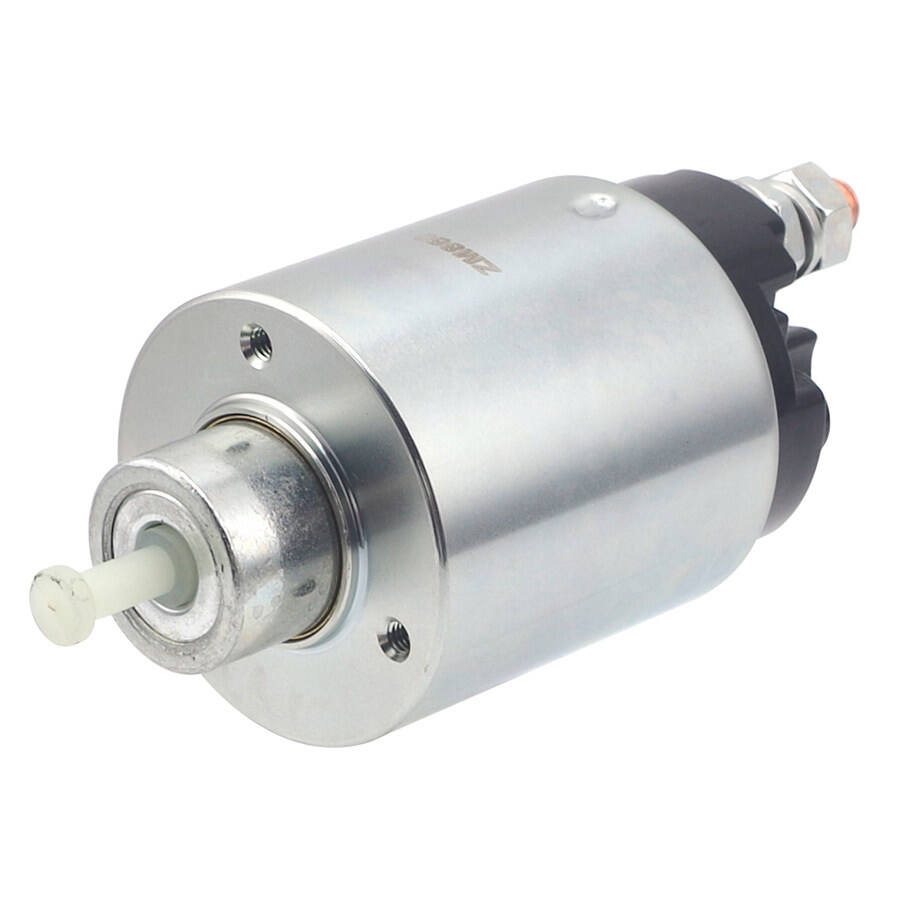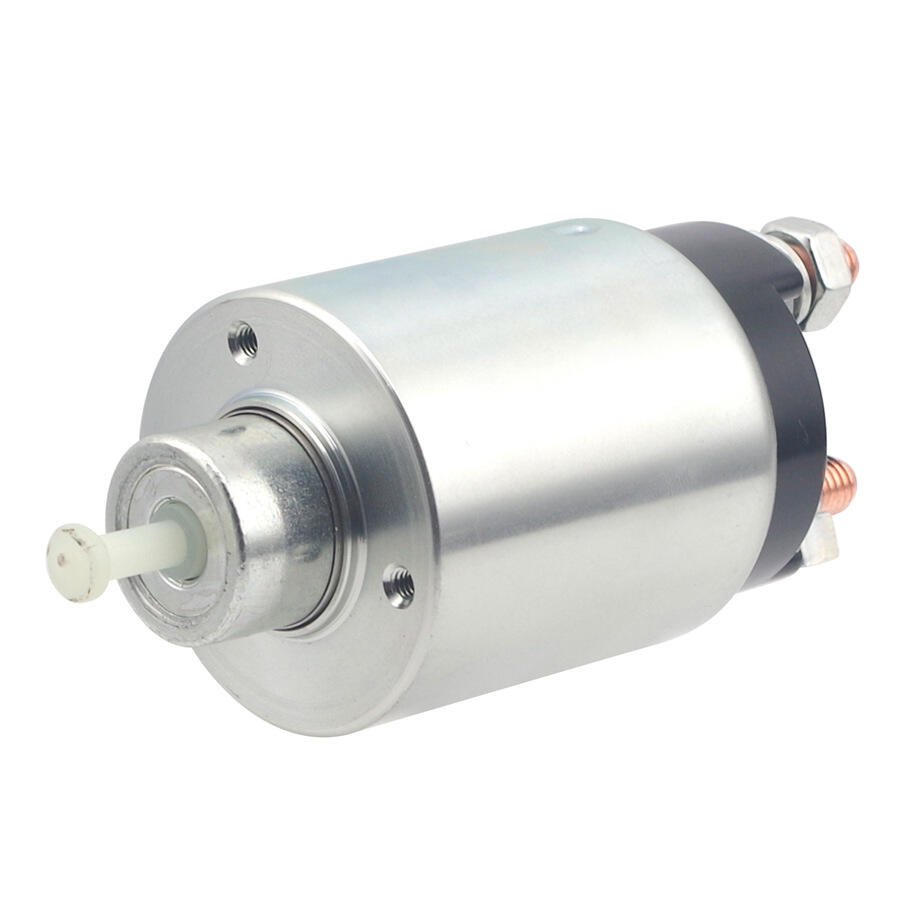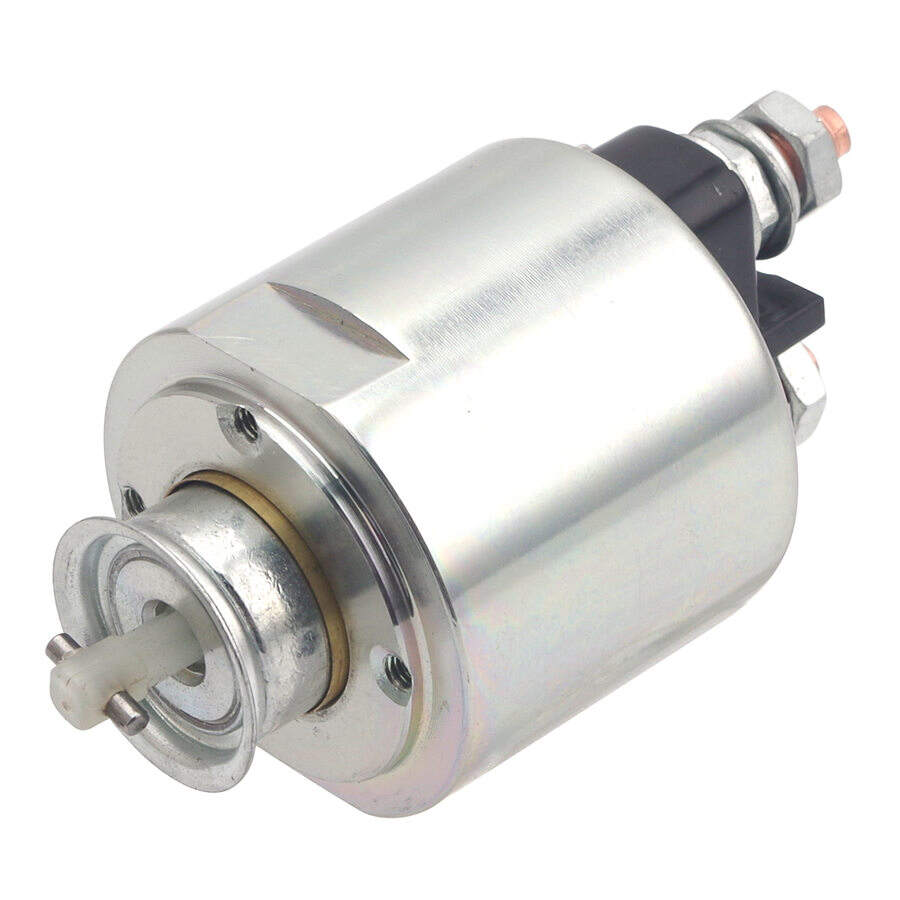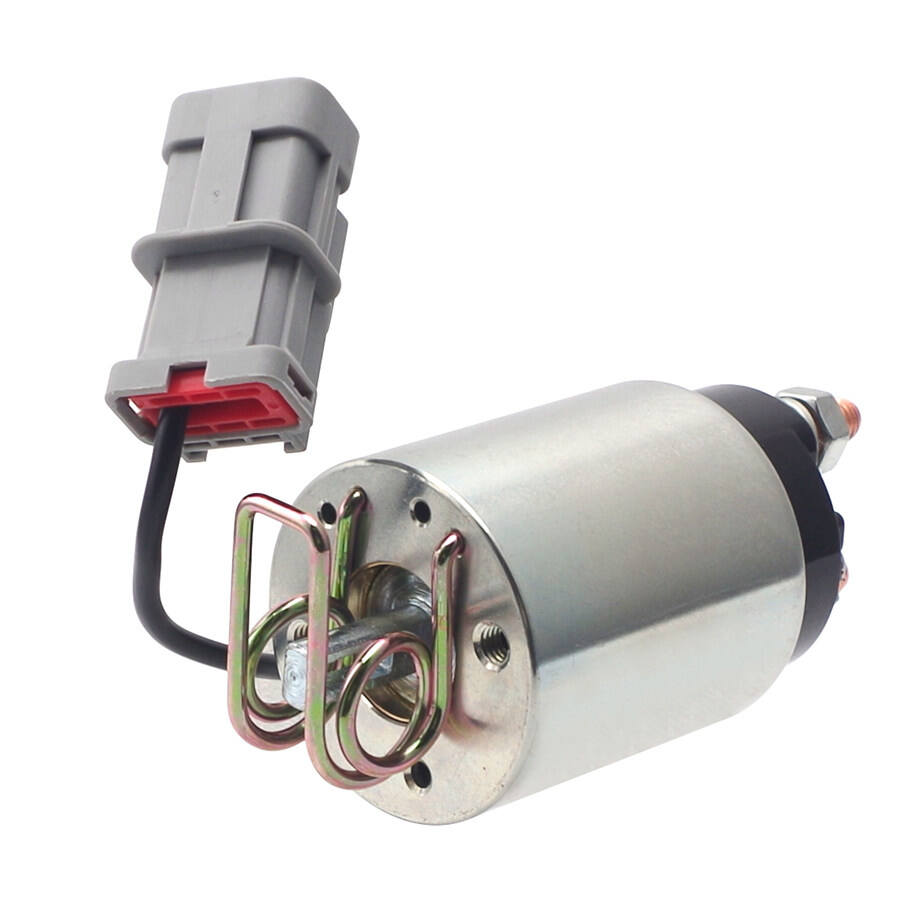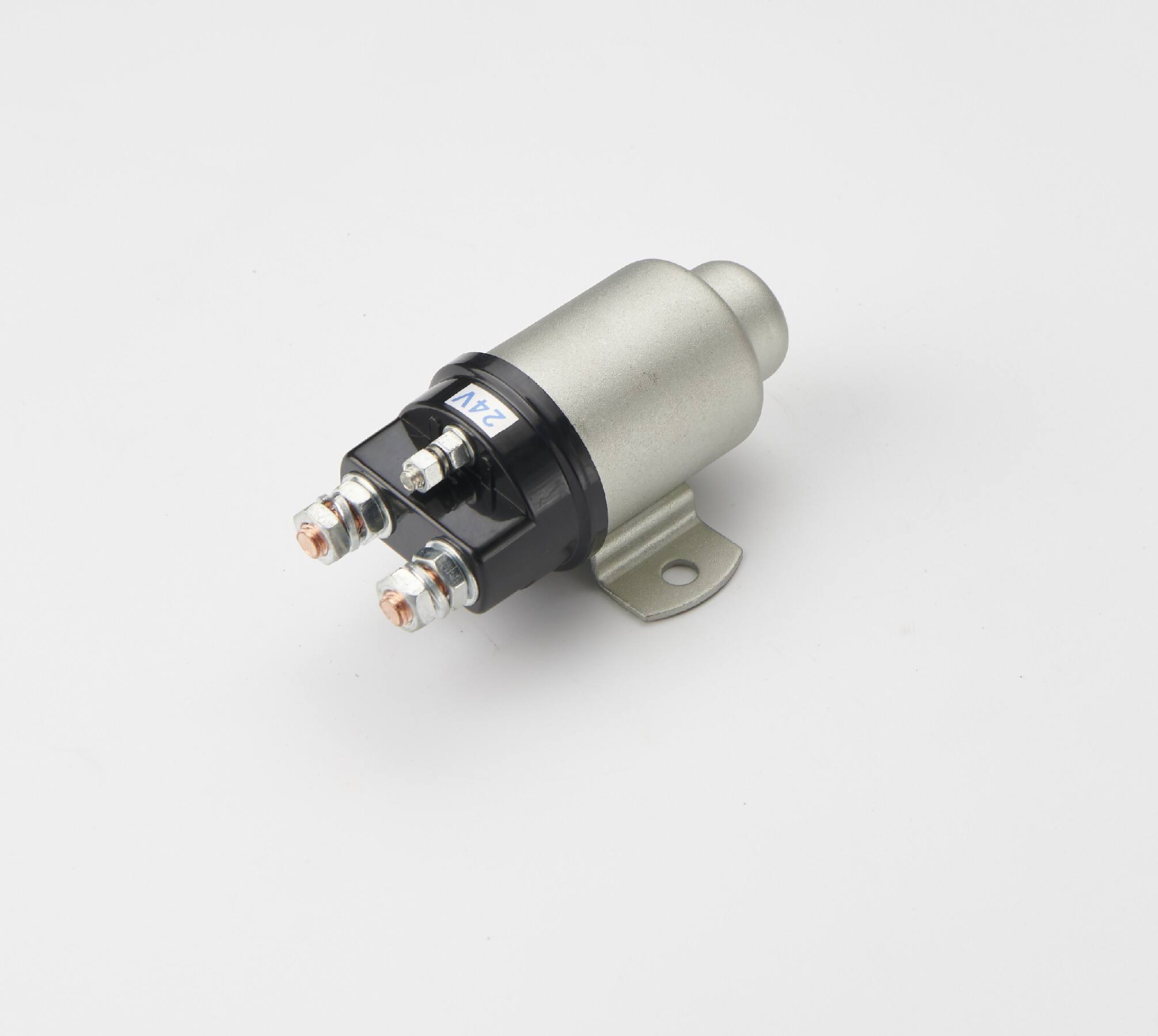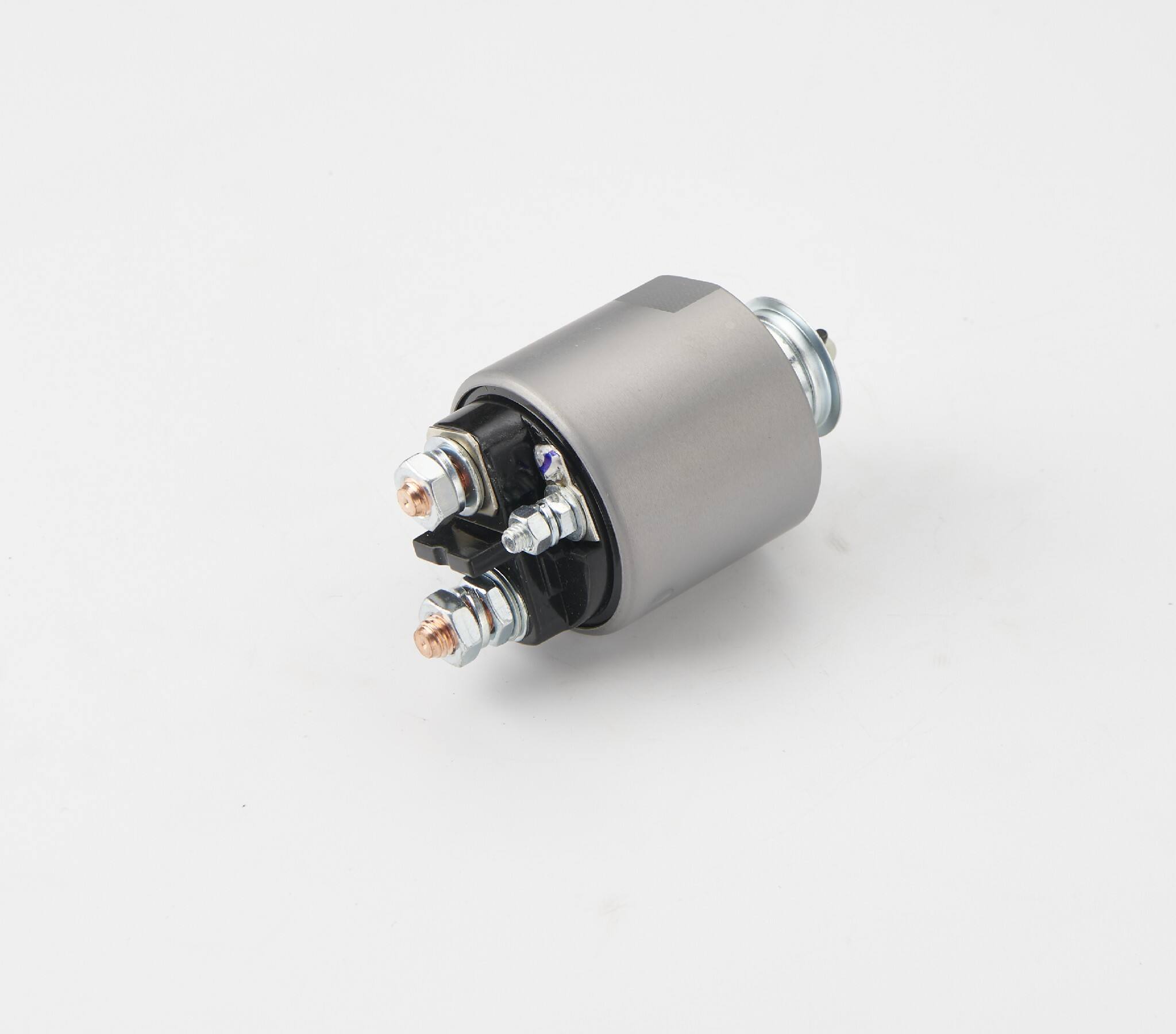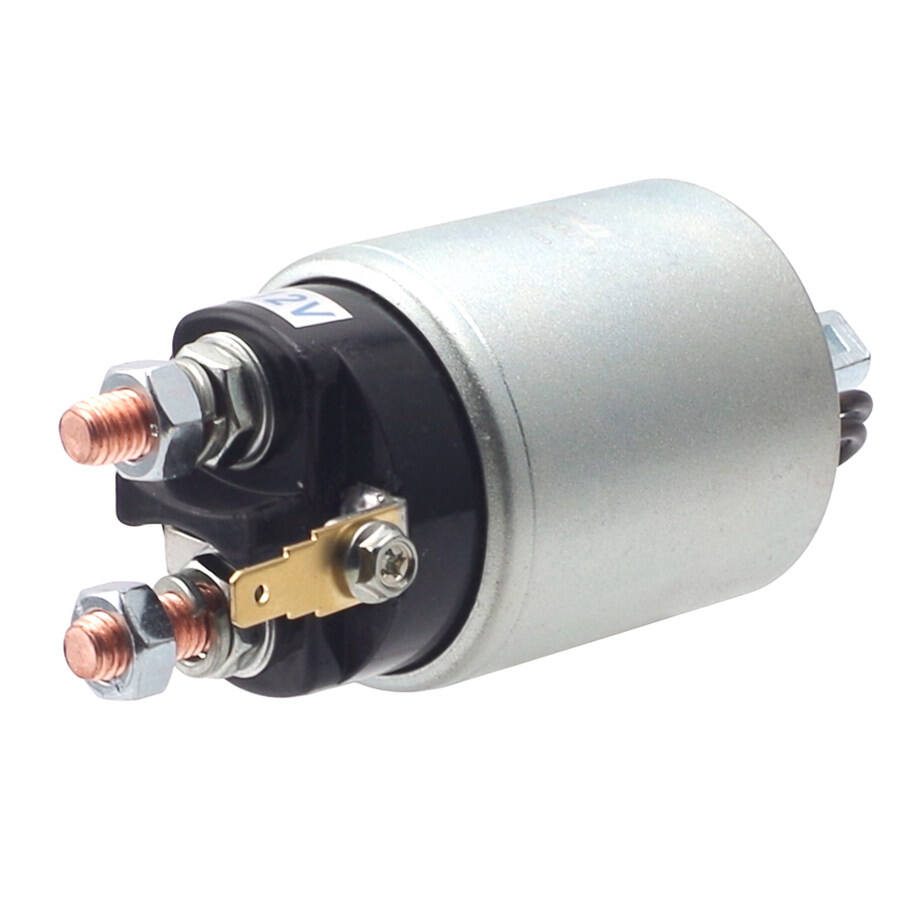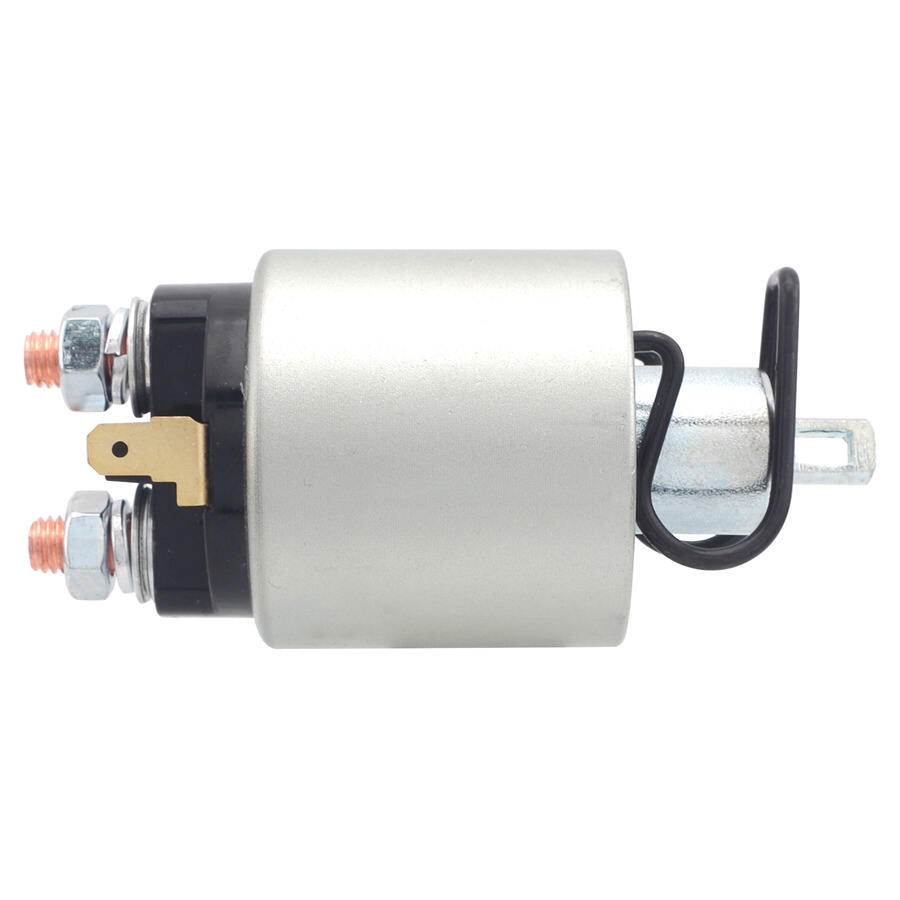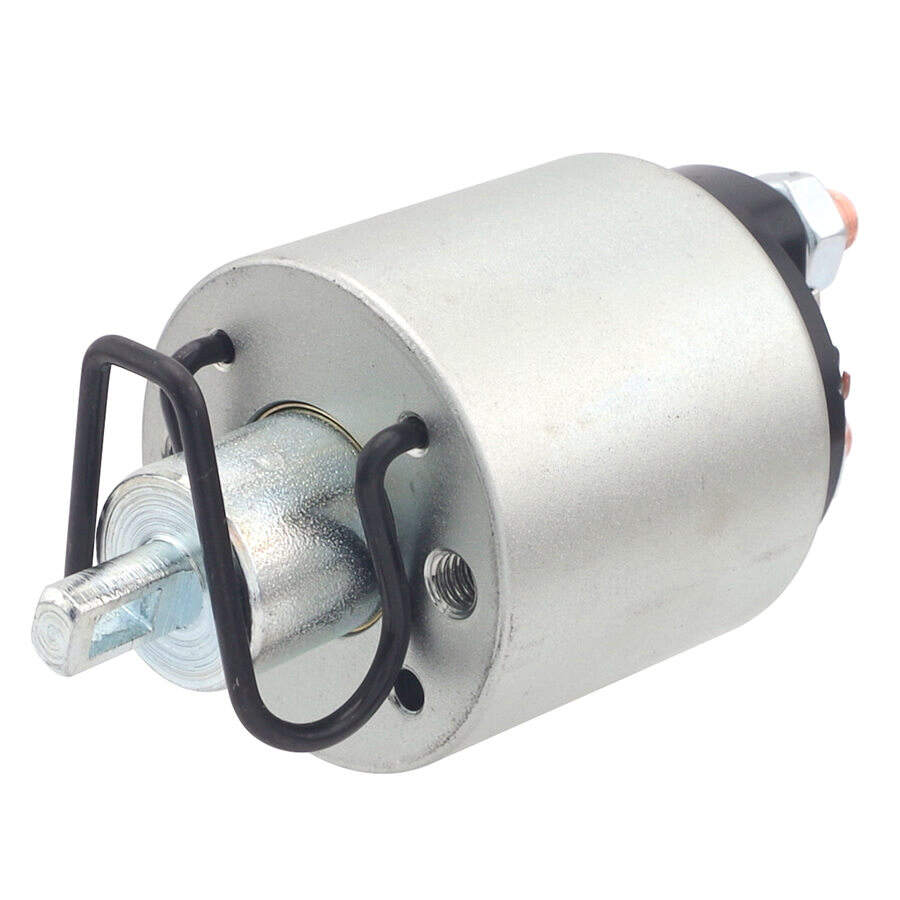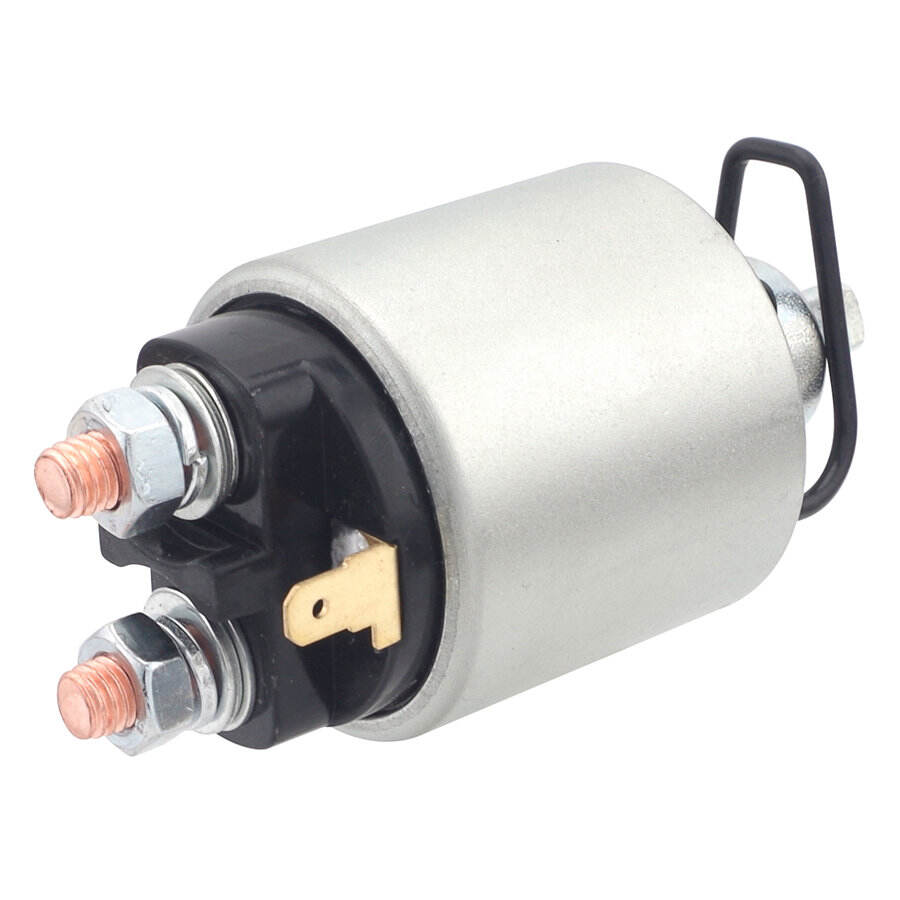solenoid switch starter motor
A solenoid switch starter motor is a crucial component in modern vehicle starting systems, combining electromagnetic and mechanical principles to initiate engine operation. This innovative device consists of two main components: the solenoid switch and the starter motor itself. The solenoid switch acts as an electromagnetic relay, converting a small electrical signal from the ignition switch into a powerful electrical connection capable of handling the high current demands of the starter motor. When activated, the solenoid's plunger engages the starter drive gear with the engine's flywheel while simultaneously completing the circuit that powers the starter motor. This dual action ensures efficient power transfer and proper mechanical engagement. The starter motor, typically a direct current (DC) electric motor, provides the necessary mechanical force to rotate the engine's crankshaft, overcoming compression and friction to initiate the combustion process. Modern solenoid switch starter motors incorporate advanced materials and design features that enhance durability and reliability, including copper windings for improved conductivity, sealed bearings for longevity, and high-grade steel components for mechanical strength. These units are engineered to operate effectively across a wide range of temperatures and environmental conditions, making them suitable for various applications from passenger vehicles to heavy machinery.



